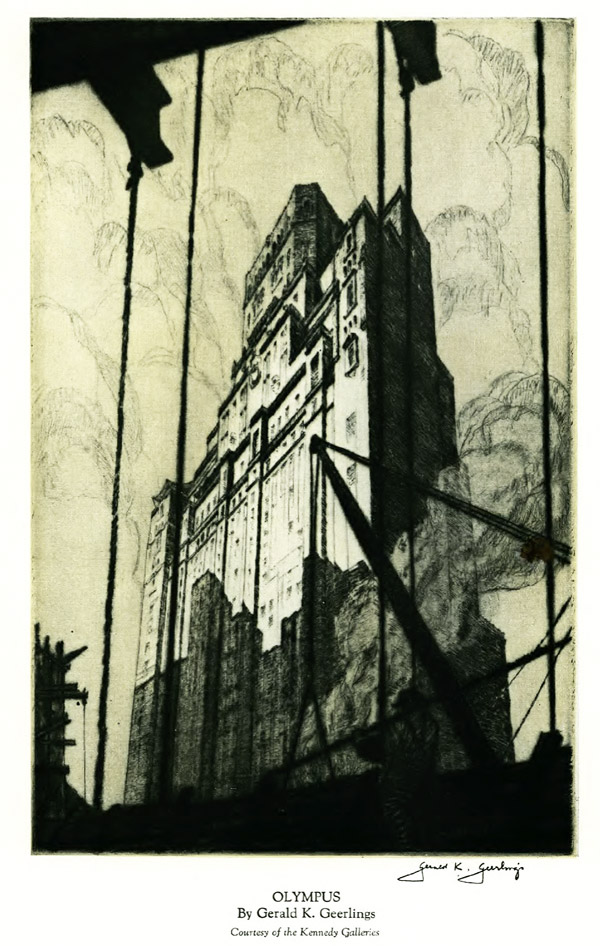
Texas Observer: Does it just come down to dumb luck at a certain point—who gets executed and who doesn’t?
David Dow: If you’re wealthy, you can control your fate. But if you’re not in that category, if you’re not in the category of someone who has an endlessly deep bank account, then it depends a whole lot on luck. It depends who the trial lawyers are. It depends on what kinds of resources the trial judge makes available to those lawyers. It depends on what kind of people you have on your jury. It depends on what kind of appellate lawyers you have. It’s just one coin flip after another.
TO: Let me move on to the Henry Quaker case, which is so much of a line running through the heart of the book. Do you believe he’s innocent?
Dow: I do. I say in the afterword that I’ve had seven cases or so where I’m convinced that my client was innocent. And not all those people have been executed. No, I don’t think he did it … .
[But] I don’t think that identifying cases of an innocent person is going to cause the machinery of death in Texas to ground to a halt. If that were going to happen, it would have already happened. There have been enough questionable cases that if people were really going to stop supporting capital punishment because they thought someone innocent was executed, that would have already happened. —“Innocence Lost,” Dave Mann, Texas Observer
Obama: powerless against the machinations of Cubs fans;
a Rahm-com with bitter laughs, if any;
the wide world of ugly governance
Back to the tattoos. Gould doesn’t seem to notice, or even seem curious about, the contradiction expressed in her choice of image and her boldness in the face of the procedure. A “permanent broken heart” is pretty much the opposite of one that says “Whatever.” Gould is a member of a generation that has grown up confusing irony with tragedy, nonchalance with acceptance, a pose with poise, self-dramatization with self-awareness. That confusion is especially maddening because I sense that Gould is interested in figuring out those distinctions, but she shows little concern beyond realizing that a distinction exists. A couple of years after her New York arrival, she started a blog called the Universal Review, in which she and a friend took turns assessing everyday events. In a “review” of the “bums who hung out on the corner of our new block,” she wrote, “When I passed them on my way to the subway in the morning, I was sometimes struck by a pang of envy.” —“Gossip Girl,” Ana Marie Cox, Bookforum
The wrath of Queenan, or, The perils of pinstripes;
a Muslim rapper’s lament;
it’s nothing a “taco of justice” can’t fix
David Byrne: When I read that Imelda used to go to discos in New York and turned the rooftop of the palace in Manila into a kind of disco, I thought, wow, here is somebody who brings a kind of musical element into her life, a powerful person. I looked around a little bit more and found video footage of her dancing with Kissinger and her dancing with Khashoggi, the arms dealer, with all the different colored lights going and all that stuff. I thought, “Oh my god, this is pretty good.” So then I spent a long time looking to see if there was a story besides that and I thought, there might be a story of her relationship with this woman who raised her, Estrella. How close they were as children and then Estrella became estranged and they had a very ugly kind of reunion later on. I thought, okay, Estrella might be able to be a stand in or kind of foil for the Philippine people, who, like Estrella, loved the Marcoses very much at first. They were sort of like the Kennedys. They were glamorous and they brought the Philippines to the world stage in a kind of glamorous, attractive way. A certain amount of corruption was almost expected in Philippine politics and, I am generalizing, but it seems that the corruption and embezzling and everything else, really didn’t get out of hand until Marcos declared martial law and then, I mean, within twenty-four hours, he had all the opposition leaders locked up. —“Byrne, Baby, Byrne: Michael Archer interviews David Byrne,” Guernica
Same story of elites and dynasts, only fictional;
same story of elites and dynasts, but in real life;
doesn’t anyone have a sense of history?


